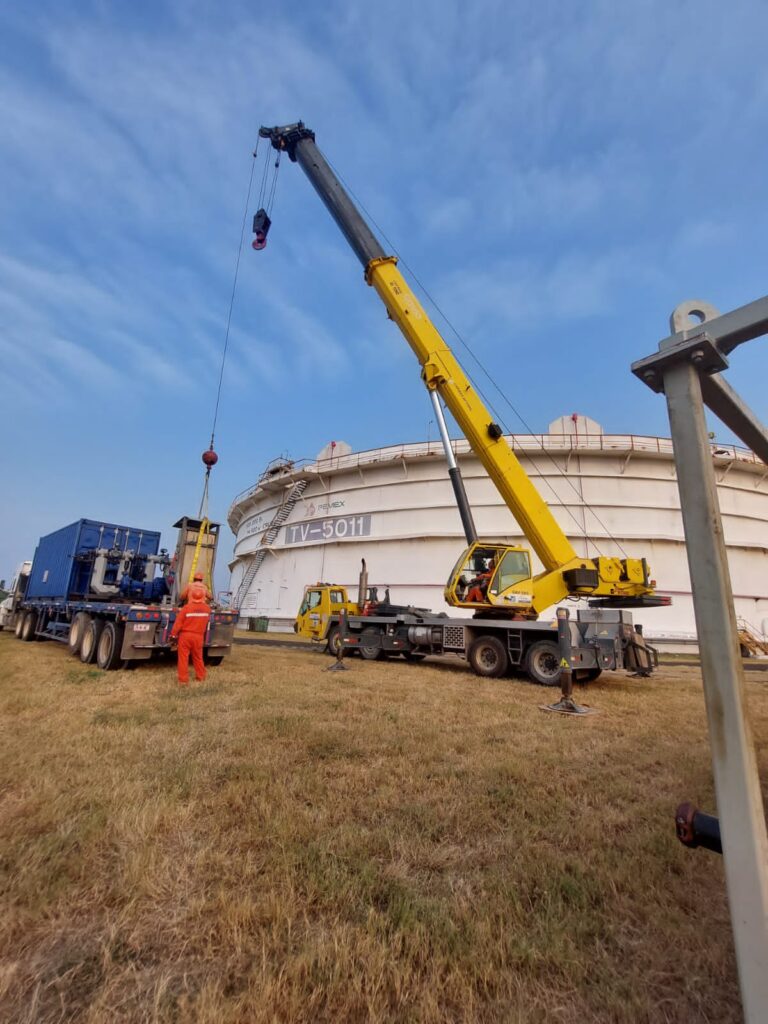Efficient Maintenance for a Safe Working Environment.
Platform Cleaning Safety
Introduction:
Platforms are key structures in the oil and gas industry, used for the extraction and production of offshore energy resources.
Due to the extreme conditions and the corrosive environment in which they operate, platforms require regular and proper cleaning to ensure safe and efficient operation.
In this article, we will explore the importance of platform cleaning and the methods used to keep these structures in optimal condition.
1. Importance of Platform Cleaning:
a. Worker safety: Regular cleaning of platforms helps eliminate chemical spills, waste, and other hazardous materials that can pose risks to the health and safety of workers on the platform.
b. Corrosion prevention: Platforms are constantly exposed to corrosion due to the harsh marine environment.
Proper cleaning helps remove the buildup of salt, sediments, and other contaminants that accelerate the corrosion of metal structures.
c. Operational efficiency: A clean and well-maintained platform improves operational efficiency by ensuring easy and safe access to work areas, facilitating the inspection and maintenance of equipment.
2. Platform Cleaning Methods:
a. High-pressure washing: High-pressure washing is a common technique used to remove dirt, corrosion, and residue from platform surfaces.
High-pressure water is applied using specialized equipment and appropriate nozzles for effective cleaning.
b. Chemical cleaning: In some cases, specific chemical products may be used to dissolve and eliminate corrosion buildup, grease, or other contaminants.
These products must be selected and used in accordance with safety guidelines and environmental regulations.
c. Manual cleaning: For hard-to-reach areas or detailed cleaning tasks, manual cleaning using brushes, cloths, or specialized tools may be required.
3. Additional Considerations for Platform Cleaning:
a. Proper waste management: During platform cleaning, it is important to have an adequate waste management system to collect, store, and safely dispose of the waste generated in compliance with environmental regulations.
b. Preventive maintenance: In addition to regular cleaning, it is essential to carry out preventive maintenance on the platform.
This includes periodic inspections, repairs, and replacement of worn or damaged equipment to ensure safe and reliable operation.
c. Regulatory compliance: It is essential to comply with all applicable safety regulations and standards for platform cleaning and maintenance.
Conclusion:
Platform cleaning is essential to maintaining a safe and efficient working environment in the offshore industry.
By using appropriate cleaning methods, managing waste responsibly, and carrying out preventive maintenance, the integrity of the structures and the safety of workers can be ensured.
Regular platform cleaning contributes to prolonging their lifespan and the success of offshore operations.

